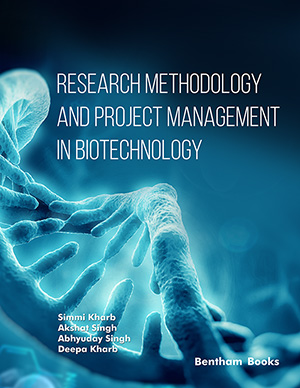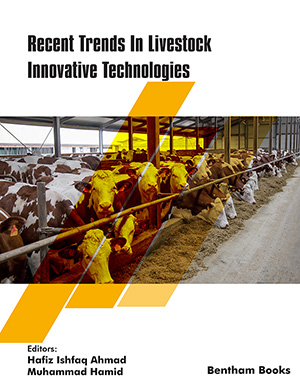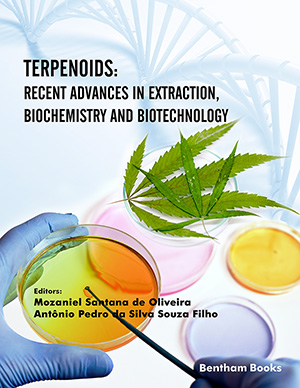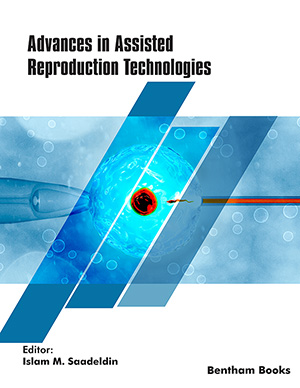
Abstract
Since translation is a central process in all living organisms, the components of translational machinery containing aminoacyltRNA synthetases, initiation, elongation, and releasing factors and ribosomal proteins have been considered as housekeepers of the cells. While these components are necessary for translational control, many of them have been found also to be involved in the control of cell fate through the diverse functions that are seemingly unrelated to protein synthesis. Also, there are several lines of evidence, suggesting the association of eukaryotic translational components with cancer development although the exact underlying mechanisms still await further investigation. Here we address the involvement of the translational components in the cell transformation and malignant phenotypes and the relationship of the deregulation of translational control of a wide range of cancers to provide systematic view on the association of translational components with cancers.
Keywords: Aminoacyl-tRNA synthetase, ribosomal protein, translation initiation factor, translation elongation factor, translation releasing factor, translation, cell transformation, malignant phenotype, multi-functionality






















